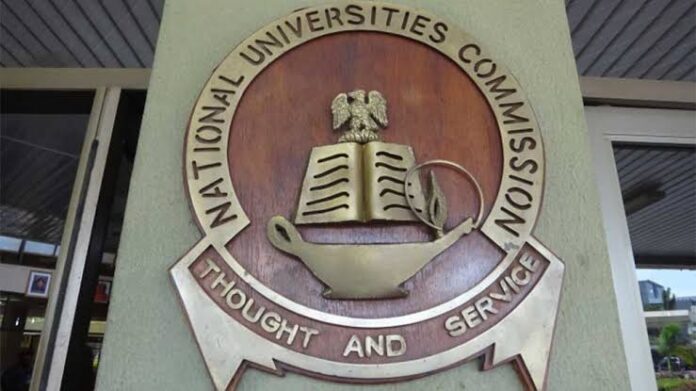Professor Aderemi Raji of the University of Ibadan has raised concerns about the rapid increase in the number of universities in Nigeria, warning that it could lead to a significant decline in the quality of education. In an interview, Professor Raji highlighted the challenges facing Nigeria’s university system, particularly inadequate funding, and cautioned against the continued proliferation of universities.

According to Professor Raji, the number of universities in Nigeria has skyrocketed from 170 in 2023 to 274 in 2024, an increase of 104 institutions within just one year. He argues that this focus on quantity over quality is detrimental to the education system, as many of these new universities are poorly funded and lack the necessary resources to provide quality education.
“Inadequate funding is the root of all the problems faced by universities,” Professor Raji said. He explained that without proper funding, universities cannot function effectively as centers for training future leaders, scientists, and thinkers. The lack of resources also hampers research efforts, which are crucial for national development.
The professor noted that poor funding affects every aspect of university life, from teaching and administration to the provision of research facilities. Many universities lack basic materials and resources, which severely limits their ability to conduct meaningful research and provide a quality education. As a result, students often graduate less prepared and with limited skills compared to their peers in other countries.
Raji also addressed the reasons behind the establishment of new state universities despite the funding challenges. He attributed it to poor advice given to state governors, political motivations, and a misconception that universities automatically bring development to the areas where they are established. He pointed out that many state universities are set up without considering how they will be adequately funded, leading to institutions that struggle to provide even basic services.
The Academic Staff Union of Universities (ASUU), to which Professor Raji belongs, is strongly opposed to the establishment of new state universities under these conditions. ASUU believes that the proliferation of universities without proper funding will only worsen the already dire situation in the country’s higher education system.
Professor Raji urged the federal and state governments to work together to improve the funding of education. He stressed that education is at the heart of national development and should be treated as a priority. He pointed out that the United Nations recommends that countries allocate at least 20 percent of their national budget to education, but in Nigeria, this figure is currently less than 8 percent.
The impact of inadequate funding is also felt by university staff, whose morale has been severely affected. Many lecturers continue to work under challenging conditions, but the lack of support has led to a significant “brain drain” as scholars and researchers leave the country in search of better opportunities abroad.
Professor Raji warned that without significant improvements in funding and a halt to the unchecked proliferation of universities, Nigeria risks turning its higher education institutions into nothing more than “glorified secondary schools.” He called for a national conference to address these issues and ensure that universities in Nigeria are able to fulfill their role in national development effectively.




